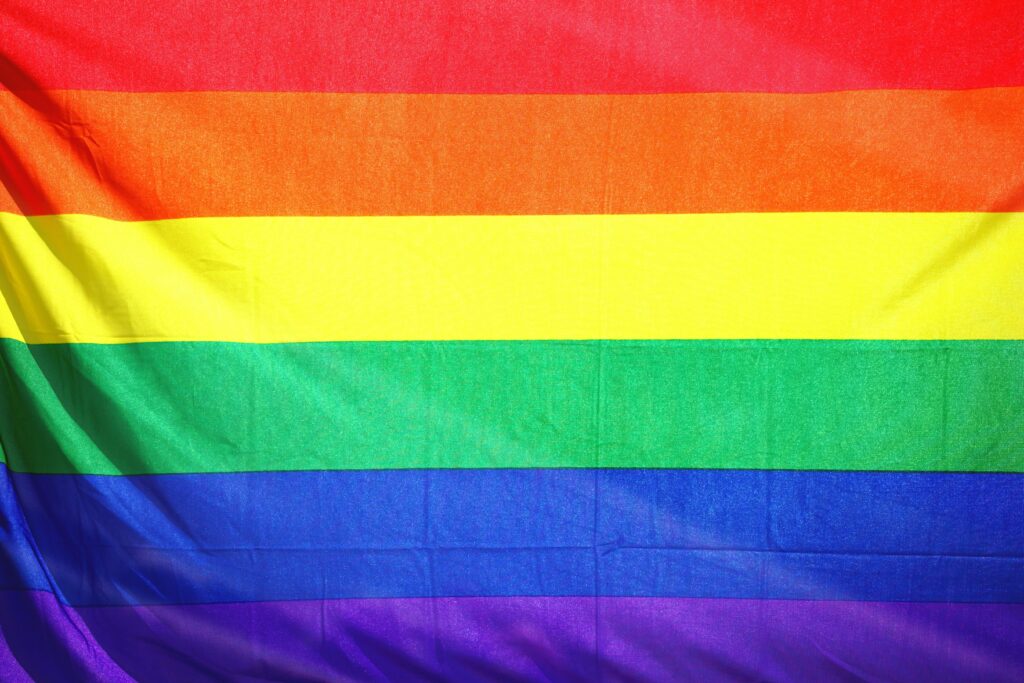Despite having positive views about queering English language teaching, teachers report limited knowledge of queer concepts
02 Jan 2024

In the last two decades, there has been an increasing acknowledgement of and interest in the role of education in perpetuating and maintaining ideas about gender and sexuality. This paper examines the English language teaching (ELT) classroom as a particular site for these ideas, specifically as they are made sense of by English language teachers. Using a qualitative survey of 20 English language teachers in a leading Philippine state university, the study investigates the teacher-participants’ notions of what it means to queer the ELT classroom, their possibly queer classroom practices, and the difficulties the teacher- participants face in their attempt at queering their classroom. The findings of the study demonstrate that the teachers have positive views about queering ELT and, in fact, find it necessary for fostering an inclusive classroom and stimulating students’ critical thinking. However, the teachers also report the lack of models, their own limited knowledge of queer concepts, and possible resistance from stakeholders as challenges that ultimately need to be faced for a genuine integration of the gender, specifically queer, perspective in the field of Philippine ELT. The study contributes to emerging conversations surrounding the possibilities and challenges of queering English language teaching in the context of the Philippines.
Read the full paper: https://www.tandfonline.com/doi/full/10.1080/15427587.2022.2112532
